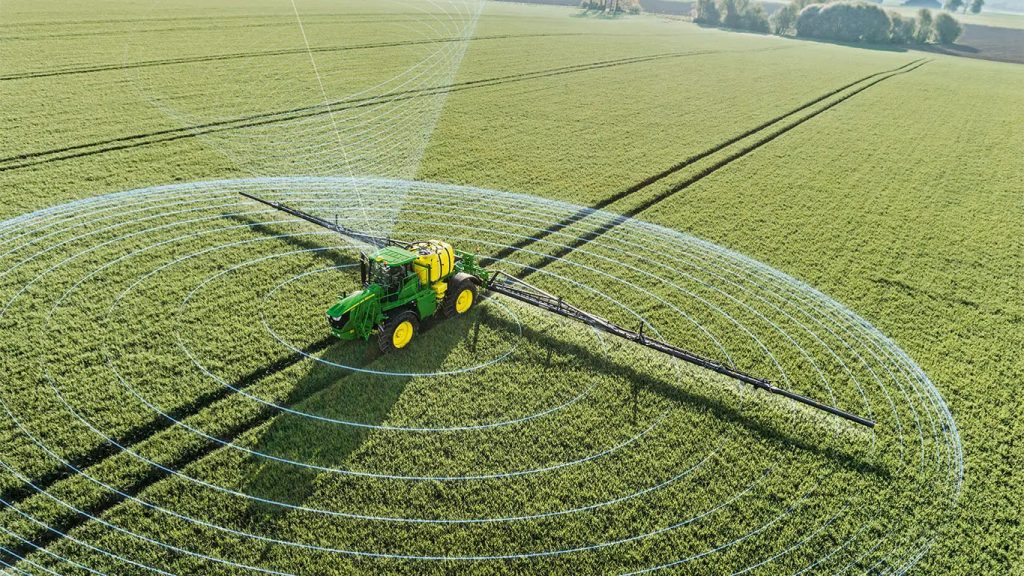Technology has emerged as a transformative force in modernising Nigerian agriculture, addressing challenges and unlocking new possibilities. According to a journal published by the Faculty of Technology, Obafemi Awolowo University, Ile-Ife, this discussion explores the multifaceted role of technology in reshaping the agricultural landscape of Nigeria. They are:
1. Precision agriculture: Precision agriculture utilises technology such as the Global Positioning System, sensors, and data analytics to optimise field-level management with regard to crop farming. In Nigeria, adopting precision agriculture practices improves resource efficiency, minimises waste, and enhances overall productivity.
2. Mobile technology and farming apps: The widespread use of mobile phones has facilitated the development of farming apps tailored to Nigerian agricultural needs. These apps provide farmers with real-time weather forecasts, market information, and advisory services, empowering them to make informed decisions.
3. Drones and satellite imaging: Drones and satellite imaging technologies offer a bird-eye view of farmlands, enabling farmers to monitor crop health, detect diseases, and assess the overall condition of their fields. This data-driven approach enhances decision-making and contributes to yield optimisation.
4. Mechanisation and farm equipment: Integrating modern farm equipment, such as tractors and harvesters, into traditional farming practices accelerates the cultivation process, reduces manual labour, and improves efficiency. Mechanisation is pivotal for scaling up agricultural operations in Nigeria.
5. Biotechnology and improved seeds: Biotechnology plays a role in developing genetically modified (GM) crops that are resistant to pests and diseases, and better suited to local climate conditions. This innovation contributes to increased crop yields and supports food security in Nigeria.
6. E-commerce platforms for agricultural trade: The advent of e-commerce platforms dedicated to agricultural trade connects farmers directly with buyers, streamlining the supply chain. This disintermediation ensures fairer prices for farmers and facilitates market access, especially for smallholder farmers.
7. Climate-resilient technologies: Given the climate challenges faced by Nigeria, the adoption of climate-resilient technologies is crucial. This includes drought-resistant crops, water-efficient irrigation systems, and technologies that help farmers adapt to changing climate patterns.
8. Data-driven decision making: The collection and analysis of data from various sources empower farmers to make informed decisions. Data-driven insights enhance crop planning, resource allocation, and risk management, contributing to sustainable and profitable agriculture.
9. Capacity uuilding and training: The integration of technology requires skills and knowledge. Capacity building initiatives and training programmes help farmers, extension workers, and agricultural professionals acquire necessary skills to effectively utilise modern agricultural technologies.
10. Challenges and future prospects: Despite the positive impact, challenges persist such as limited access to technology in remote areas and the digital divide. Addressing these challenges and ensuring inclusive access to technology would be crucial for the continued modernisation and success of Nigerian agriculture.


